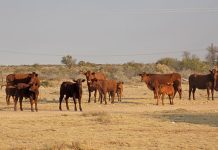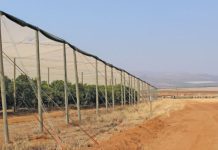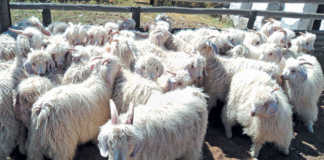Speakers at the Food Security Summit in Johannesburg were unanimous in their opinion that better distribution would solve food insecurity. Reportedly a sufficient amount of food was produced to feed the global population. “There is a biased perspective on production-based solutions for food insecurity. Policies are focused on availability not access, but household access to formal and informal markets must be considered,” said Patrick Andries, rural food banking executive at FoodBank South Africa.
Andries said the structure of food markets must be considered to ensure that rural communities had access. Dr John Purchase, CEO of the Agricultural Business Chamber, said fresh produce markets played an important role in supplying food at a competitive price. “We need more market development to ensure food security and job creation. This is not always done and consequently we have markets without integrity.” Purchase said the dairy industry’s price forming mechanism was a “dodgy issue”.
“In the grain industry one can clearly see how prices are formed. This is not the case with dairy,” Speaking about price inequality, Jan Mocke, chief operating officer of the Joburg Market (JM) noted an instance where the JM marketed a 10kg pocket of potatoes for R19 which was sold by a large supermarket chain for R60 on the same day. “This does not help food security.” SA’s rural population needed better access to mills in order to improve food security.
Sé Higgins, director of Africa Micromills, said that more small mills would help bring prices down. He explained that big millers milled at around 60t/ hour. This meant they needed to collect maize from a 400km radius at an “astronomical transport fee”. “In this economic climate there aren’t the funds to keep those massive structures going. It’s not sustainable. “Smaller millers will mean local job creation, skills development and locally available food.”
Meanwhile, Purchase said that food prices would stay high because of high energy prices. “The exchange rate plays a major role in commodity and food prices and as long as the rand remains weak, inflation will continue. “Food affordability is a global issue,” said Purchase, who added that local food prices were slightly lower than global prices. “SA generally has a very good agri-food system when compared to many other countries. We are technologically advanced and globally competitive.
“But we do live in uncertain times and the industry must not be taken for granted. People must be educated as to where their food comes from,” he concluded.












